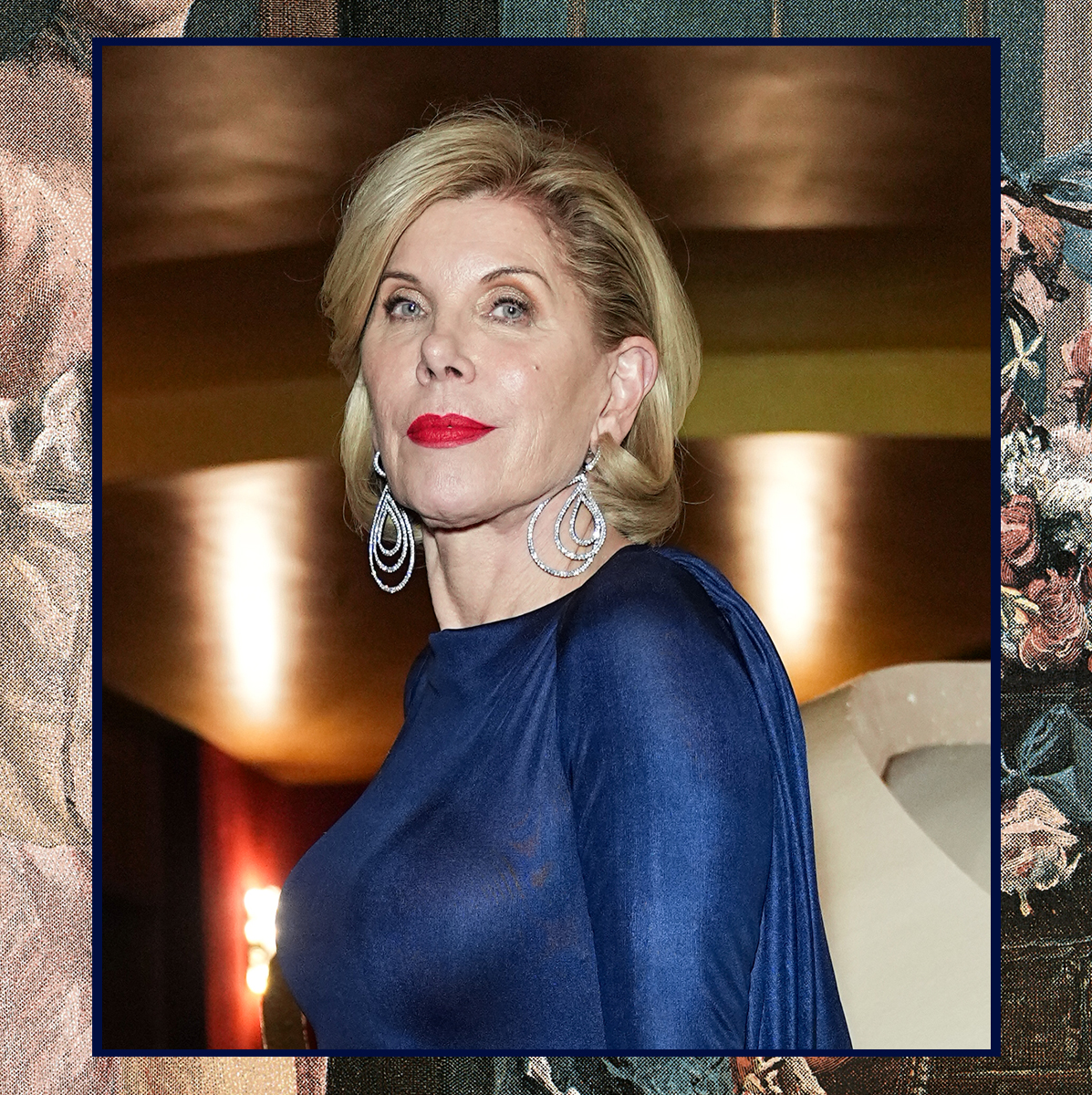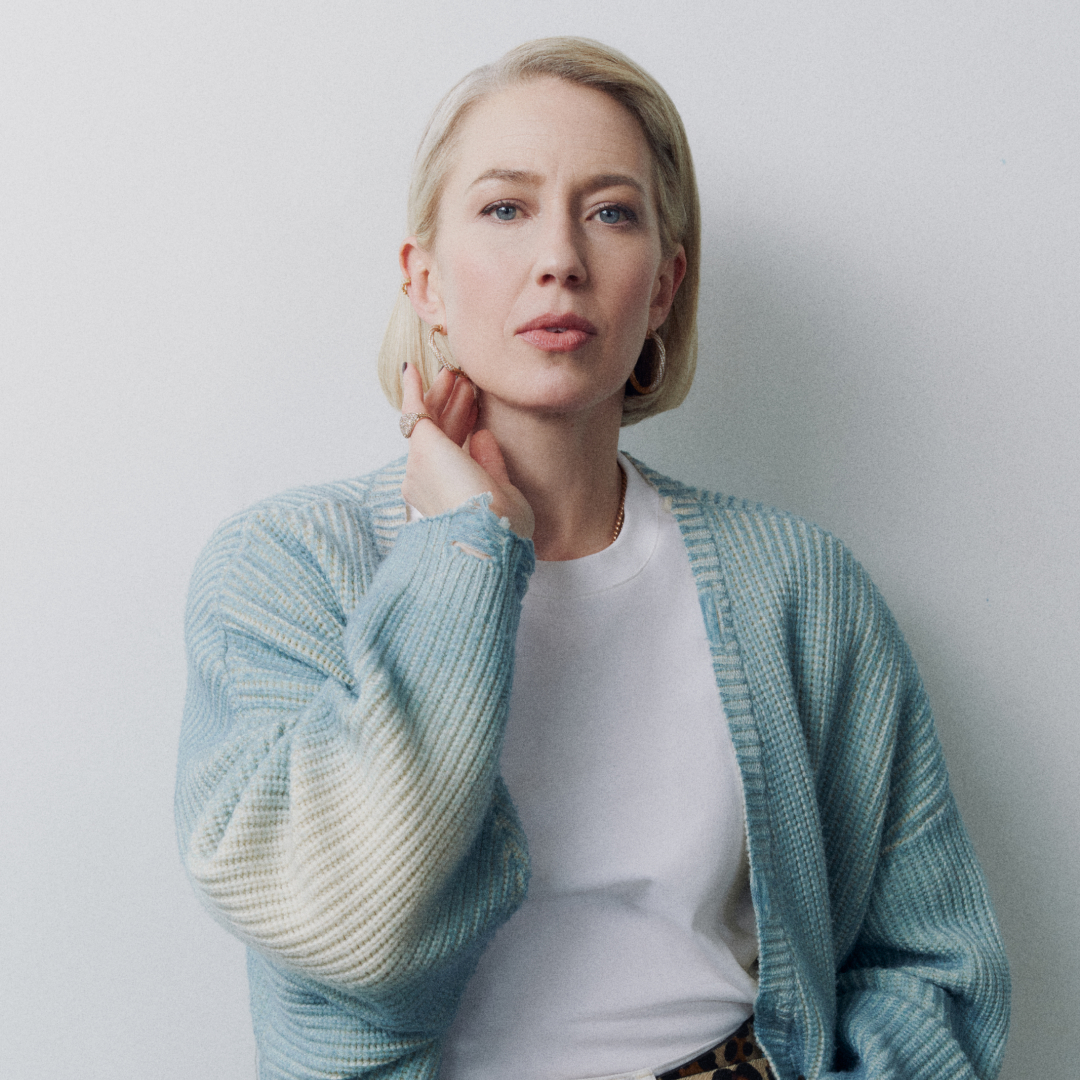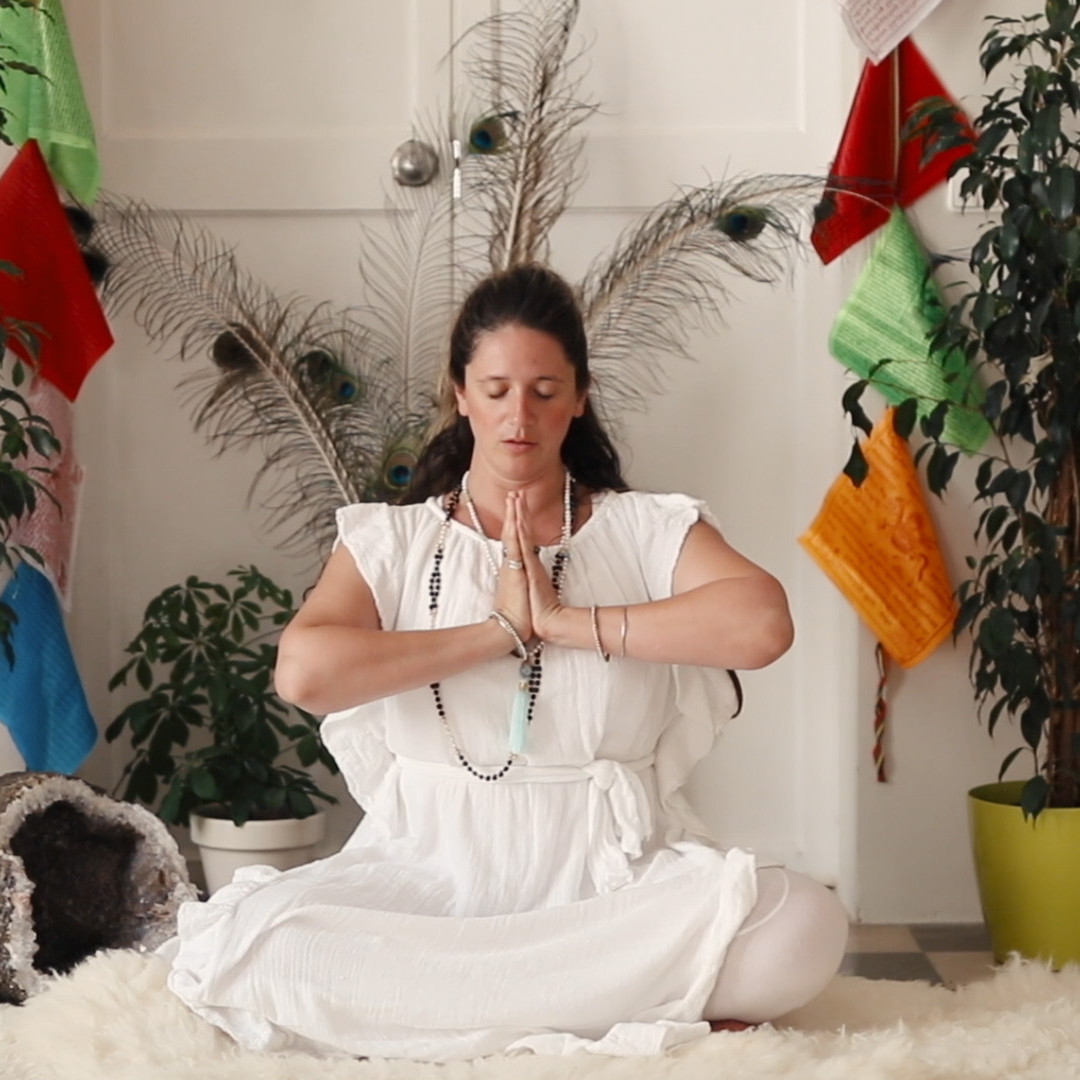HBO
Discover something new to watch, or catch up on the news and gossip, from the best on HBO.
-
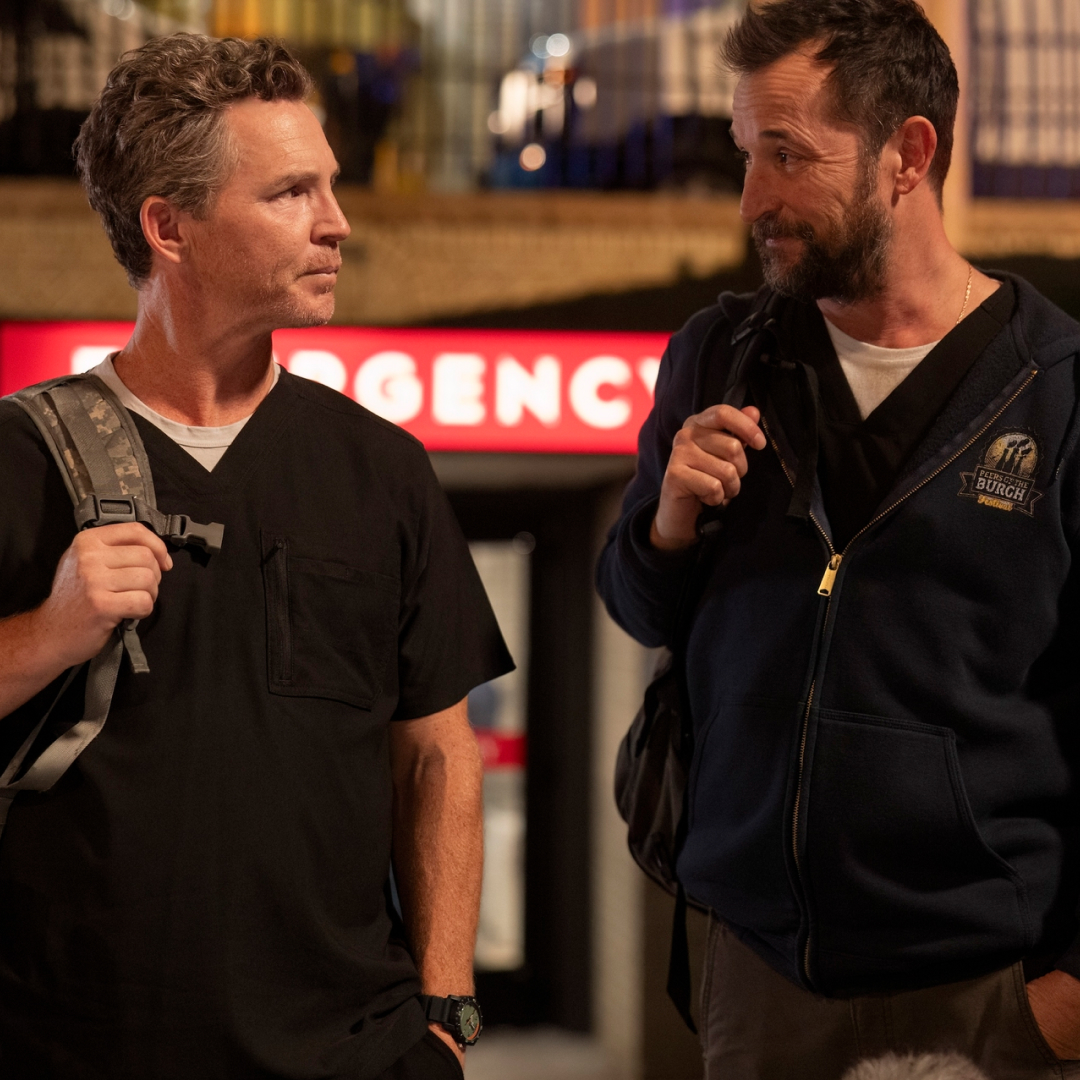
If You Love Medical Dramas, You Need to Binge These 15 Shows STAT
They'll fill 'The Pitt' shaped hole in your heart.
By Quinci LeGardye Published
-
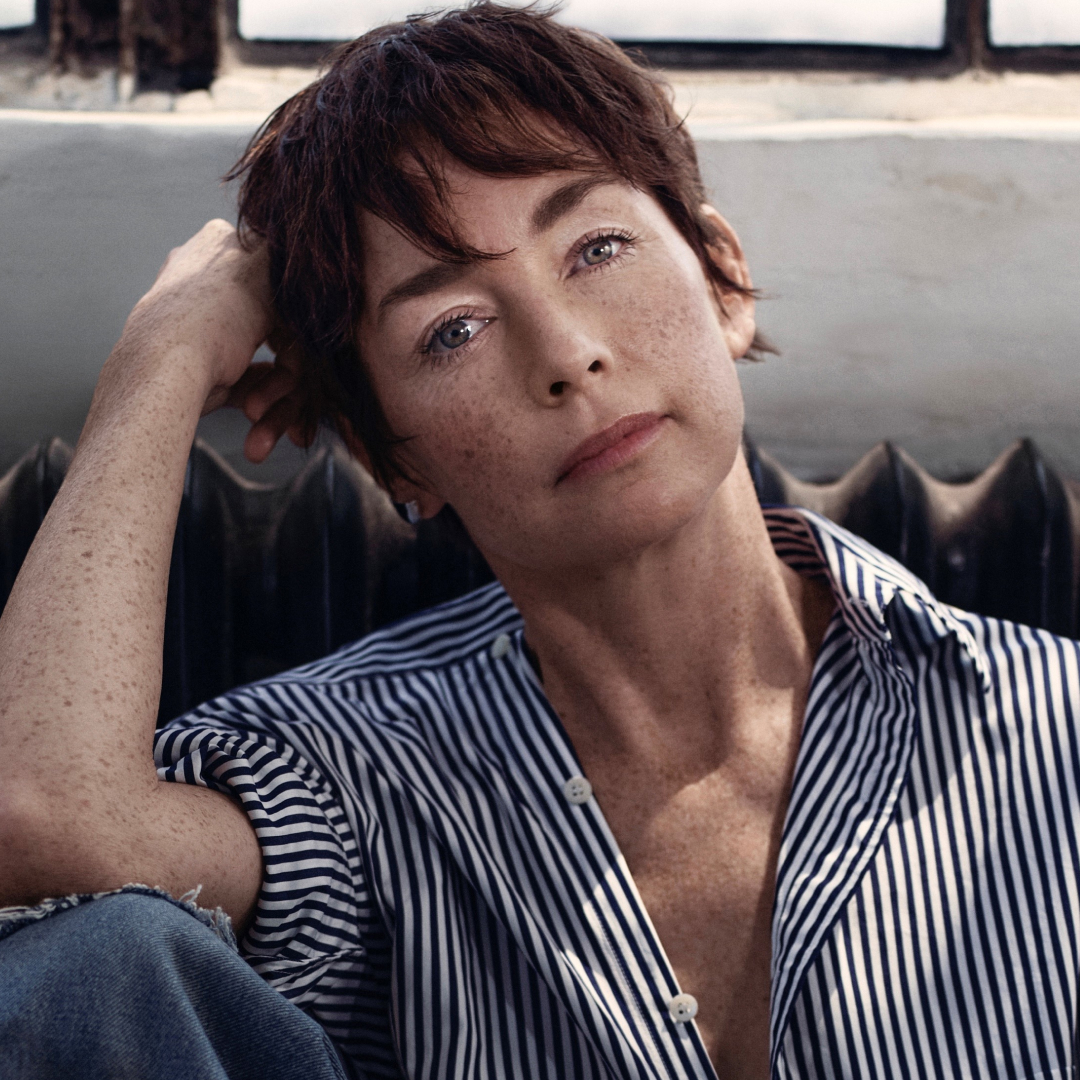
Julianne Nicholson Has No Idea Why She Was Cast as Dance Mom in 'Hacks'
The actress unpacks the hilarious turns in episode 7.
By Quinci LeGardye Published
-
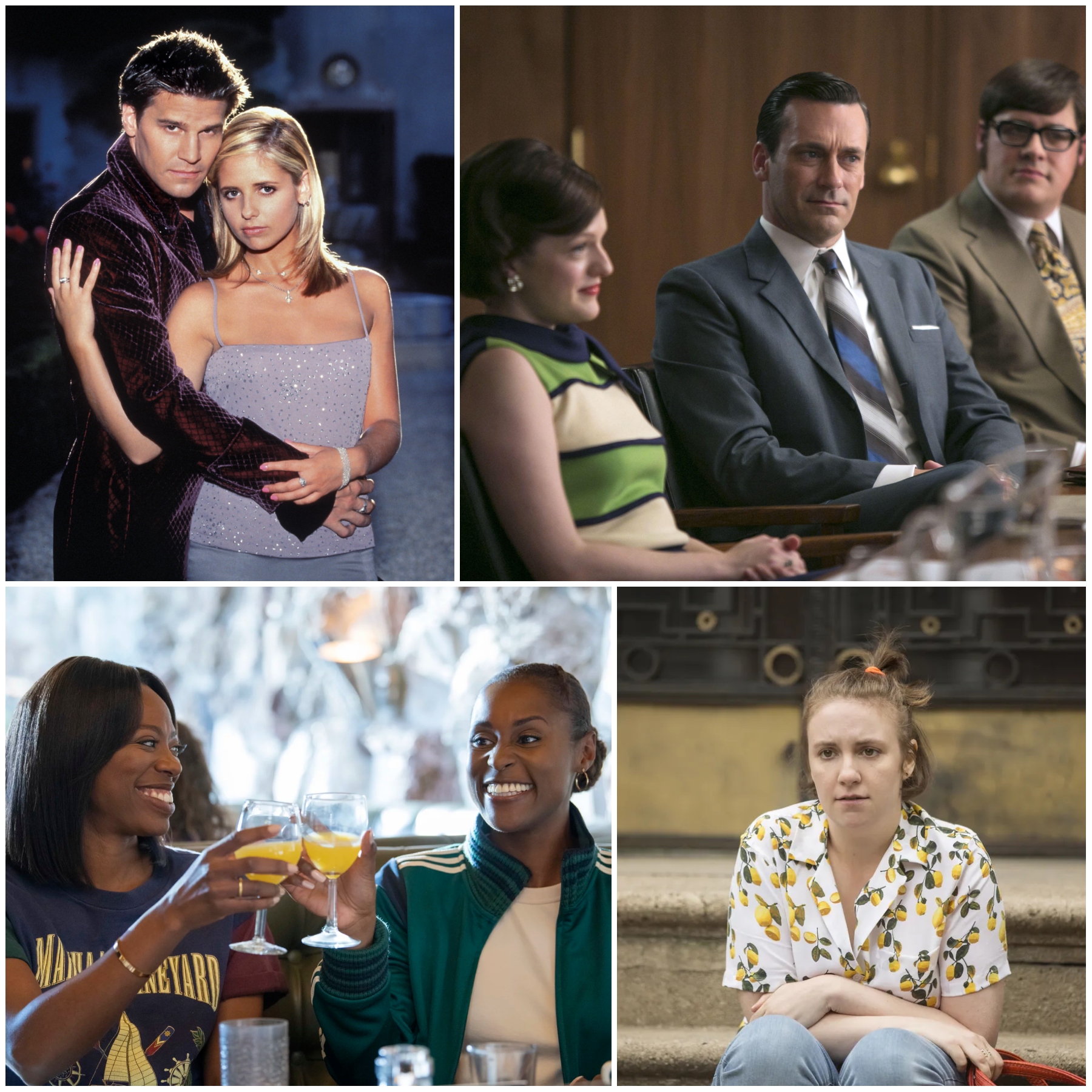
We Hand-Picked the Very Best TV Shows of All Time
Ready your Netflix queue.
By Kayleigh Roberts Last updated
-
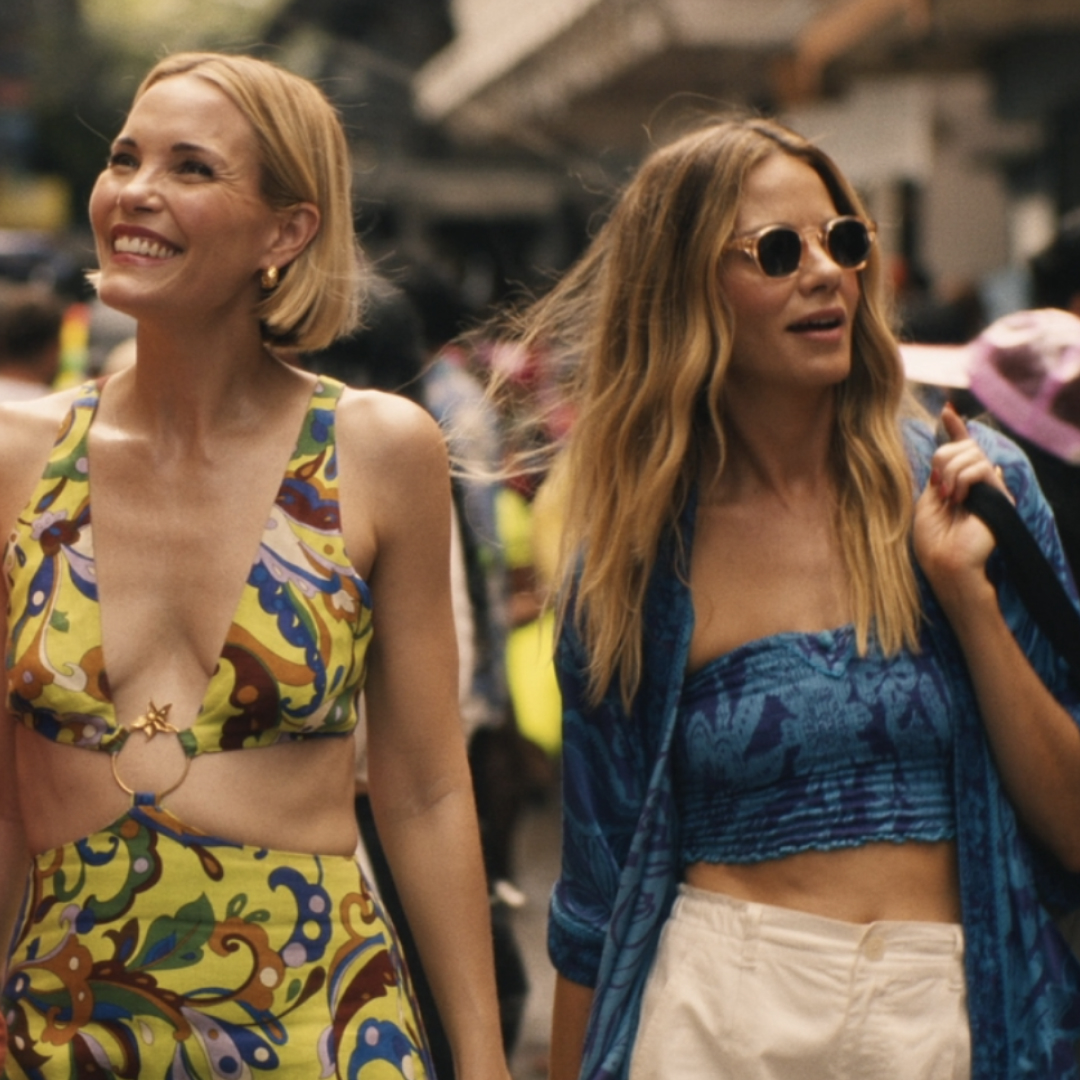
10 Vacation Destinations Inspired by Beloved TV Shows
Whether you're ready to experience life like the lords and ladies of 'Downton Abbey' or you're craving an 'Emily in Paris'-style adventure.
By Amy Mackelden Published
-
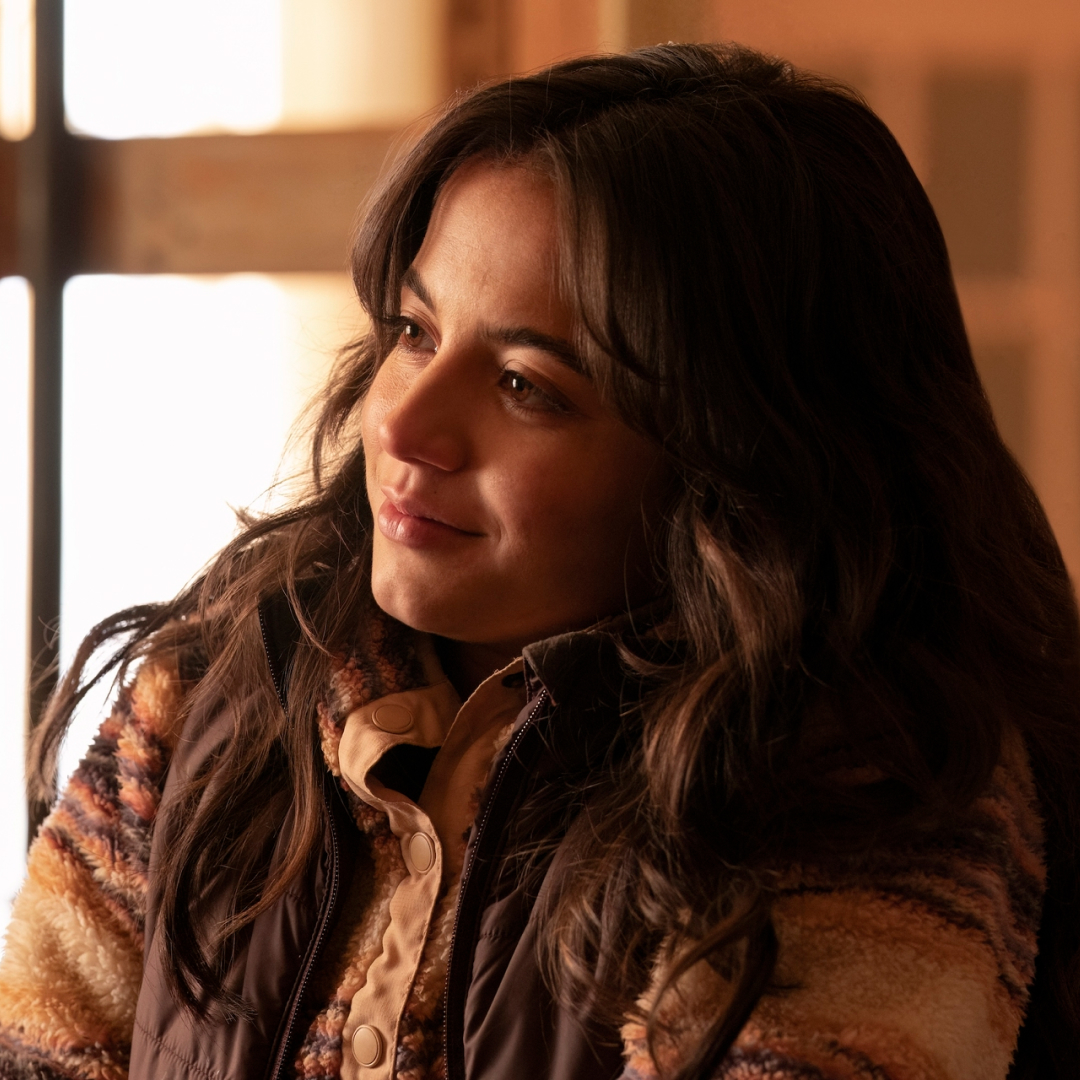
Meet Isabela Merced, Who Plays Dina in 'The Last of Us' and Calls Her and Ellie's Romance a "Successful Sapphic Story"
We're already obsessed with this up-and-comer.
By Quinci LeGardye Published
-

What to Know About Nicholas Duvernay, Who Described His Role as Zion in 'The White Lotus' "an Actor's Dream"
We can't stop thinking about his scene-stealing performance in the finale.
By Quinci LeGardye Published
-

We're Already Eager to Check Into 'The White Lotus' Season 4—Here's Everything We Know So Far
Creator Mike White has already started teasing where the next installment will be set—and who might be back.
By Quinci LeGardye Published
-
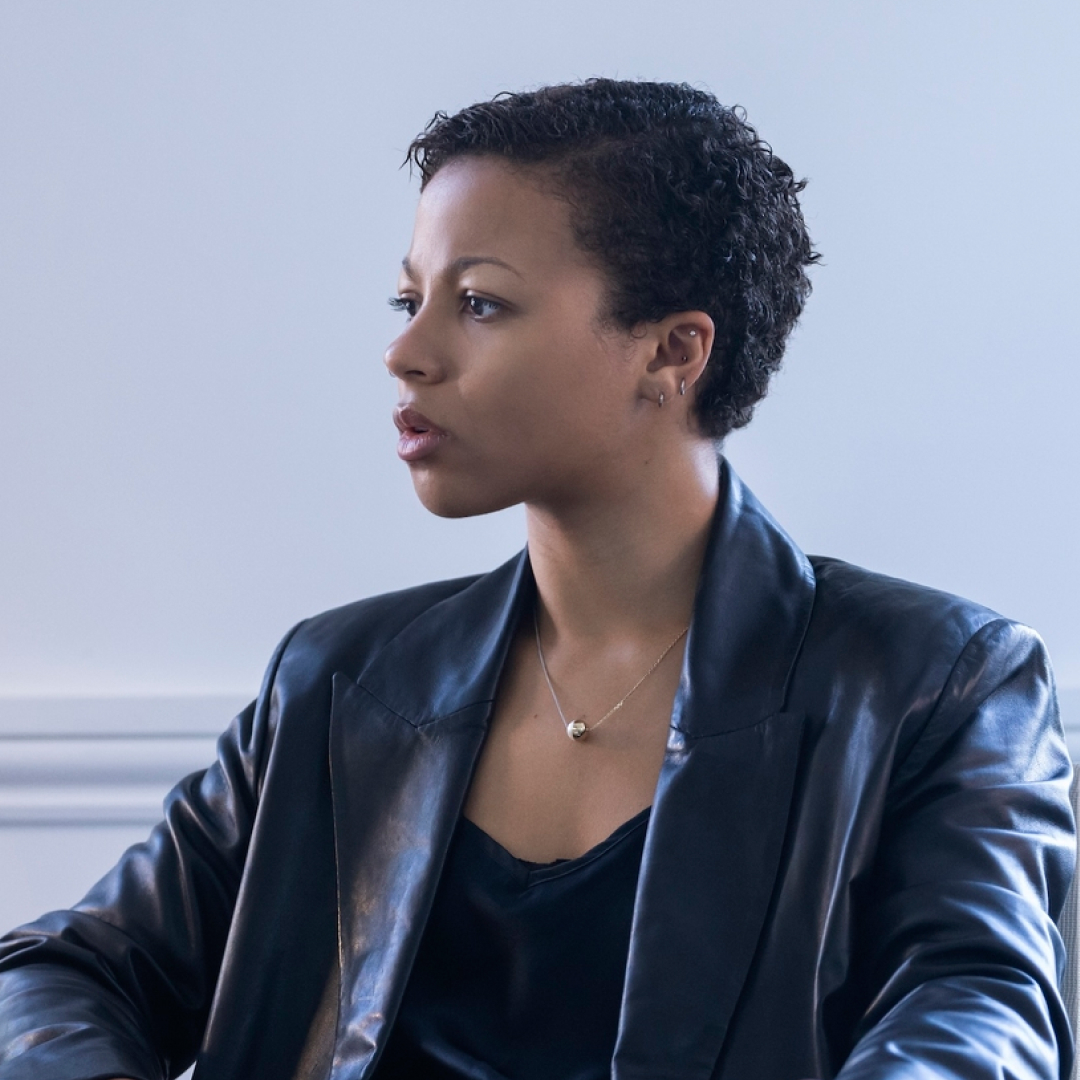
'Industry' Will Return After Its Shocking Season 3 Finale—Here's What We Know About Where the HBO Hit Will Go Next
Pierpoint & Co. may now be Al-M’iraj Pierpoint, but we haven't seen the last of the company's alums.
By Sadie Bell Last updated
-

All About 'The White Lotus' Season 3 Filming Locations, in Case You're Booking Your Next Trip to Thailand
The HBO series' biggest season yet filmed in sites ranging from luxury hotels to outdoor clubs.
By Quinci LeGardye Last updated
-
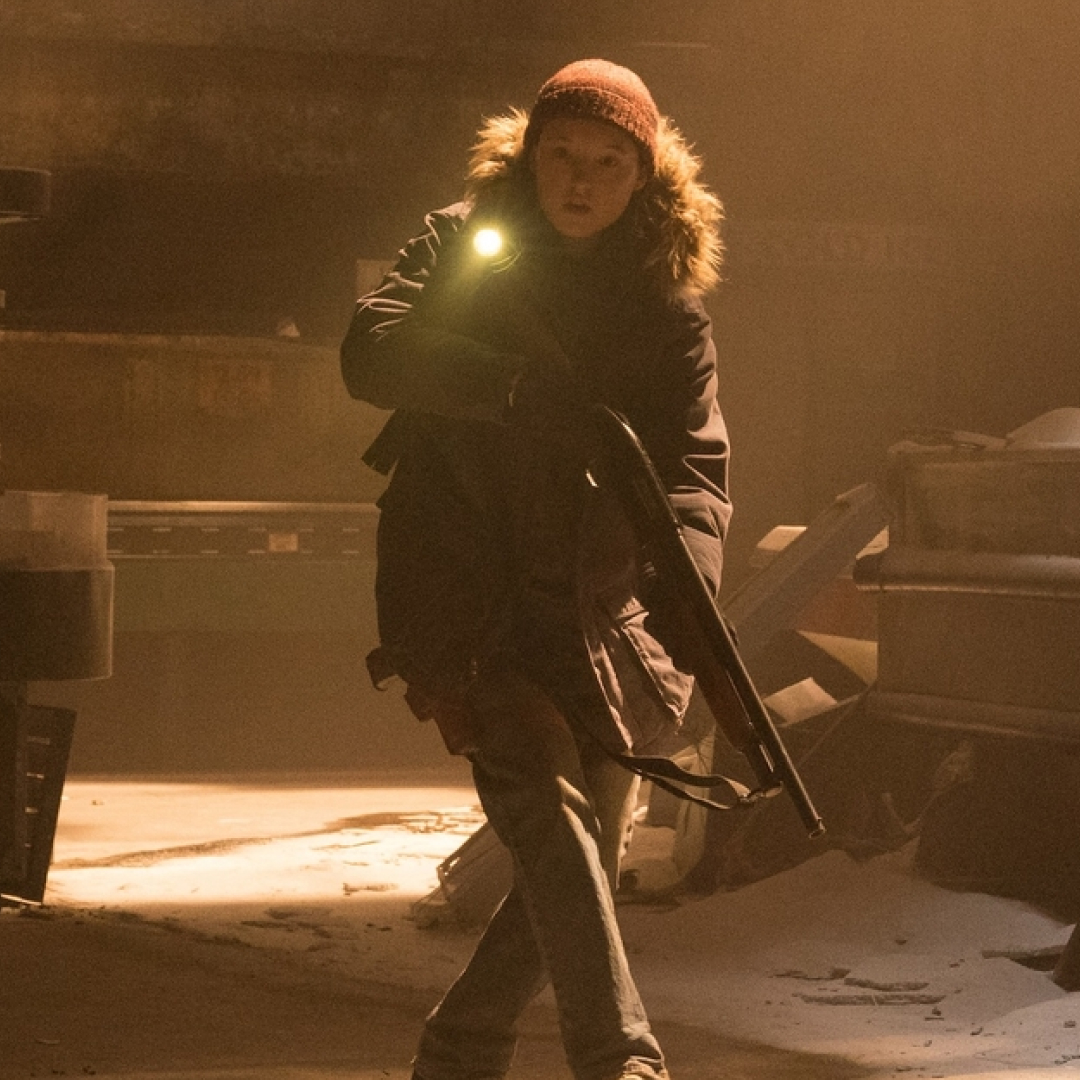
Everything We Know About Joel and Ellie's Journey as 'The Last of Us' Season 2 Premiere Approaches
The hit HBO series finally returns this spring with a handful of intriguing new characters.
By Quinci LeGardye Last updated
-
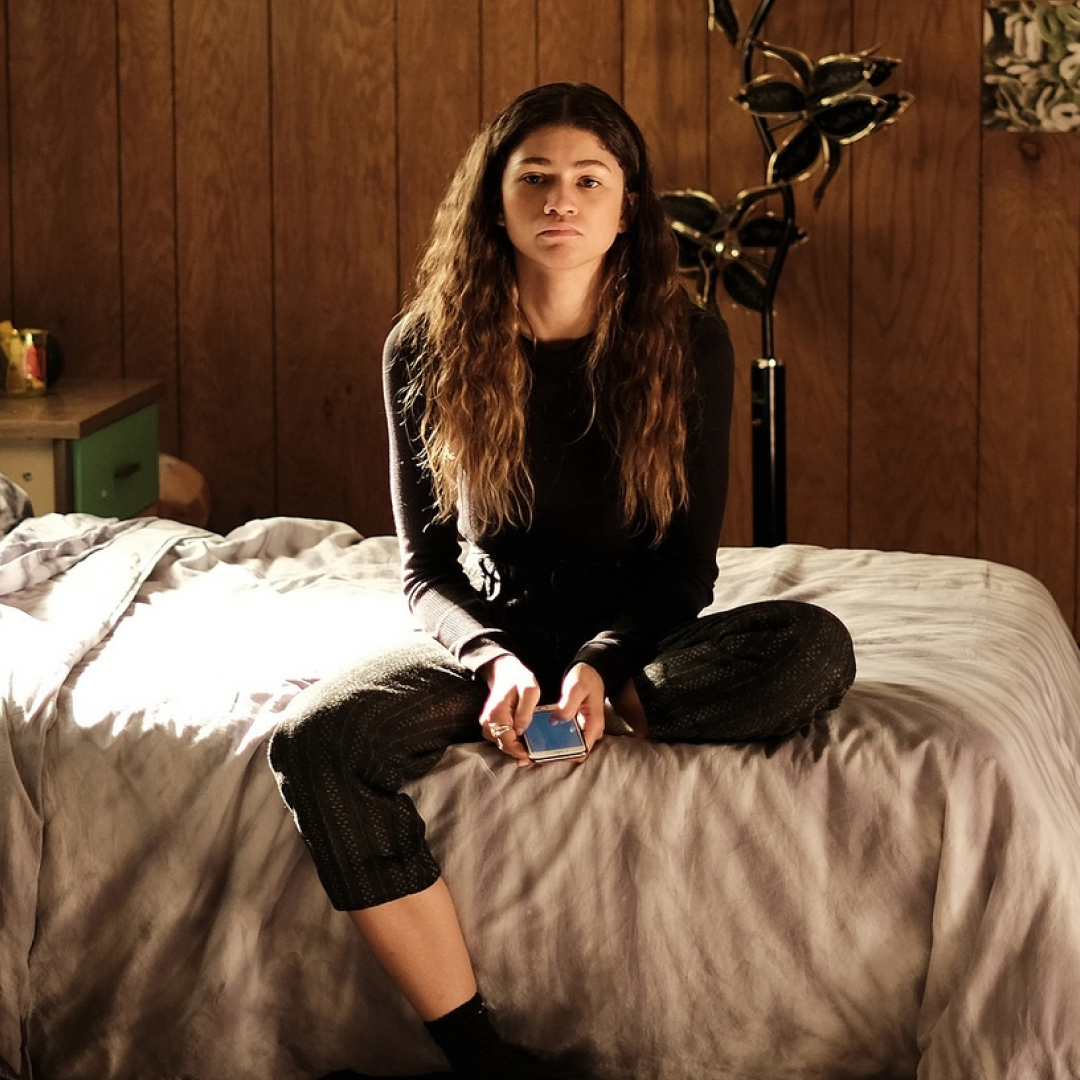
'Euphoria' Confirms Its Core Cast Will Return for Season 3—Along With Rosalía and Several Other Exciting, New Additions
Here's what to know about the long-awaited return of the HBO hit.
By Neha Prakash Last updated
-
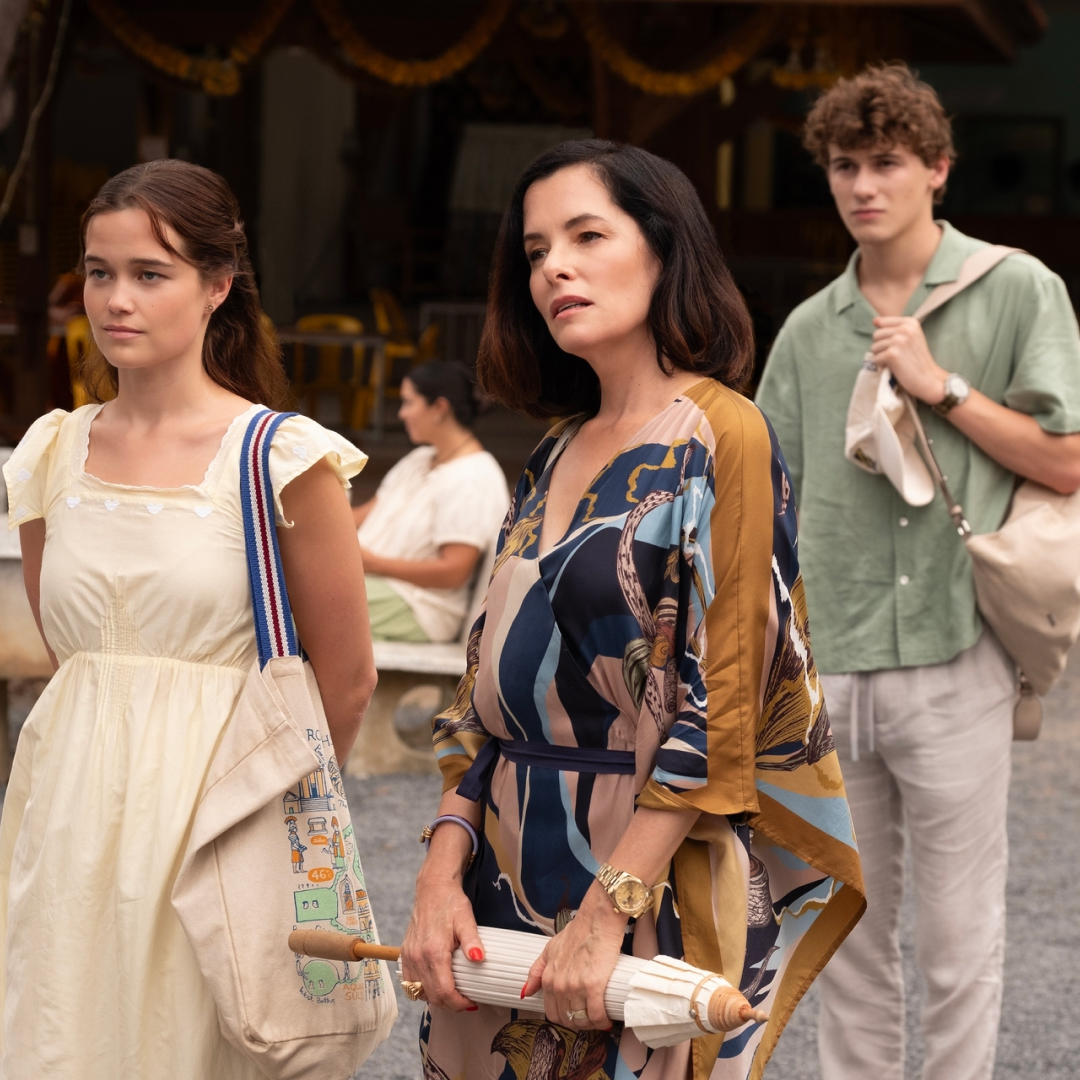
Meet the Cast of 'The White Lotus' Season 3, From the New Guests Checking In to the Surprising, Returning Characters
HBO rounded up a handful of A-listers for the anthology's Thailand-set installment.
By Quinci LeGardye Last updated
-
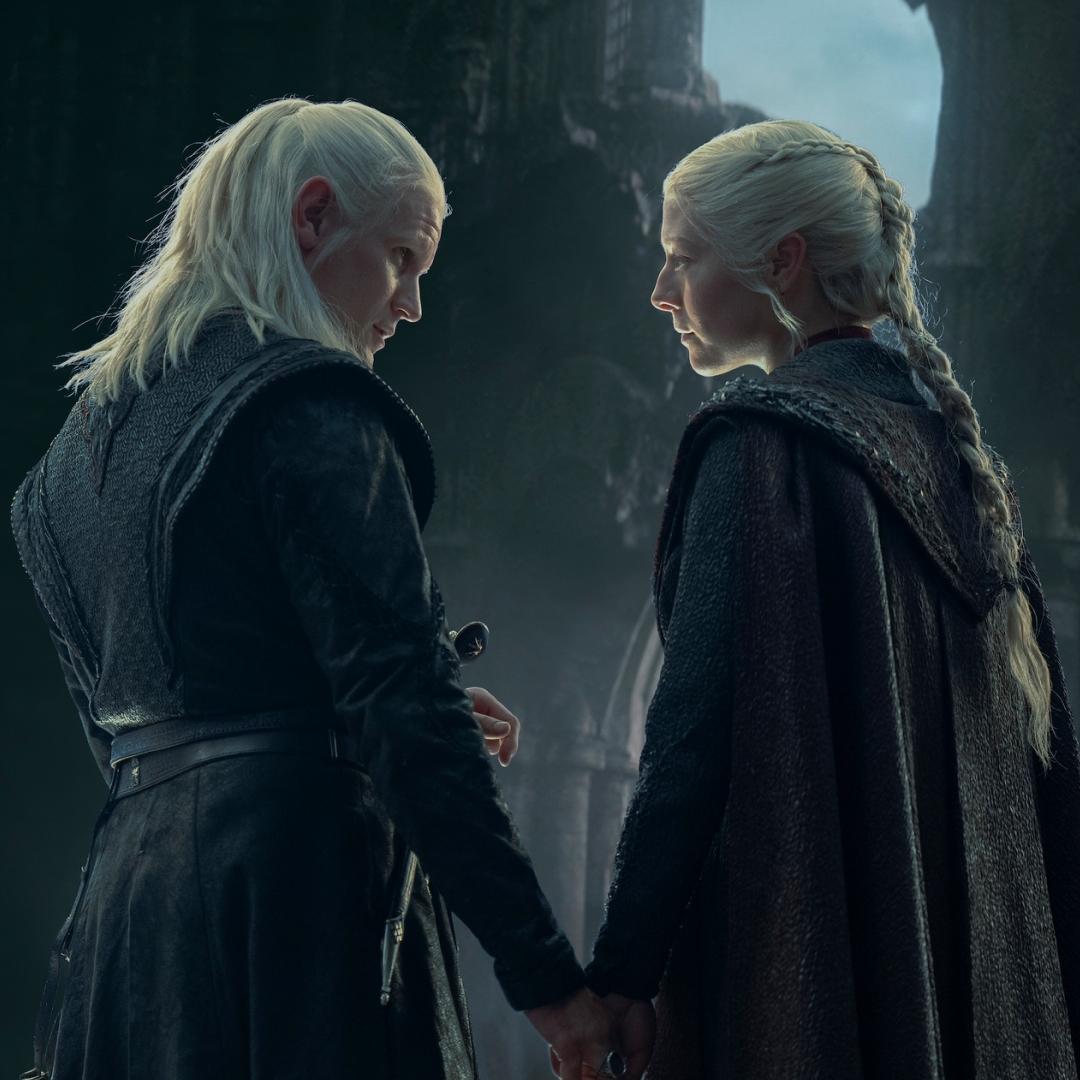
Everything We Know About 'House of the Dragon' Season 3—Including New Cast Members Joining the Targaryen Civil War
Get ready to meet another one of the Hightowers.
By Quinci LeGardye Last updated
-
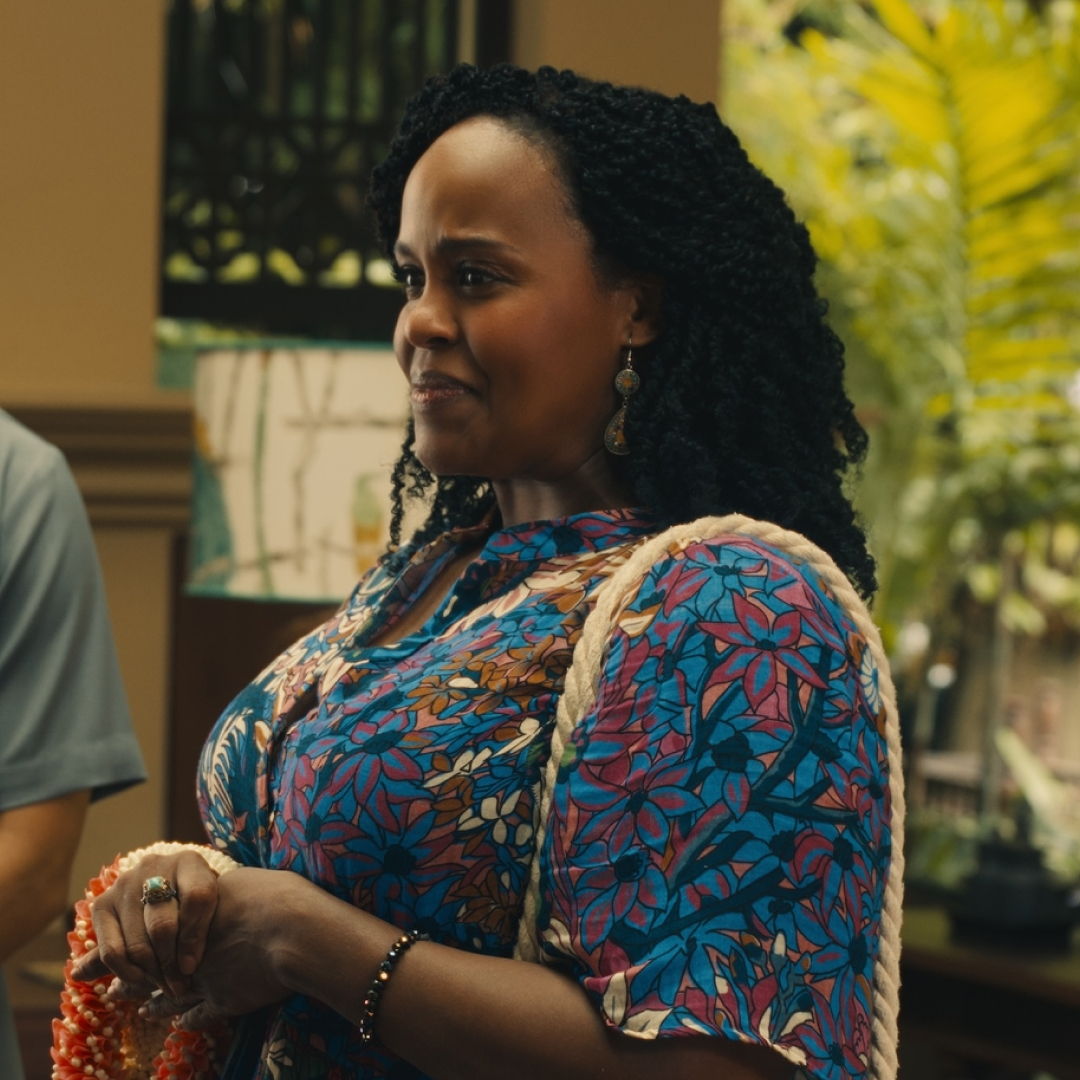
It's Time to Pack Your Bags Because 'The White Lotus' Season 3 Is Coming Back in February 2025
Here's what we know about the upcoming Thailand-set season of the HBO hit.
By Quinci LeGardye Last updated
-
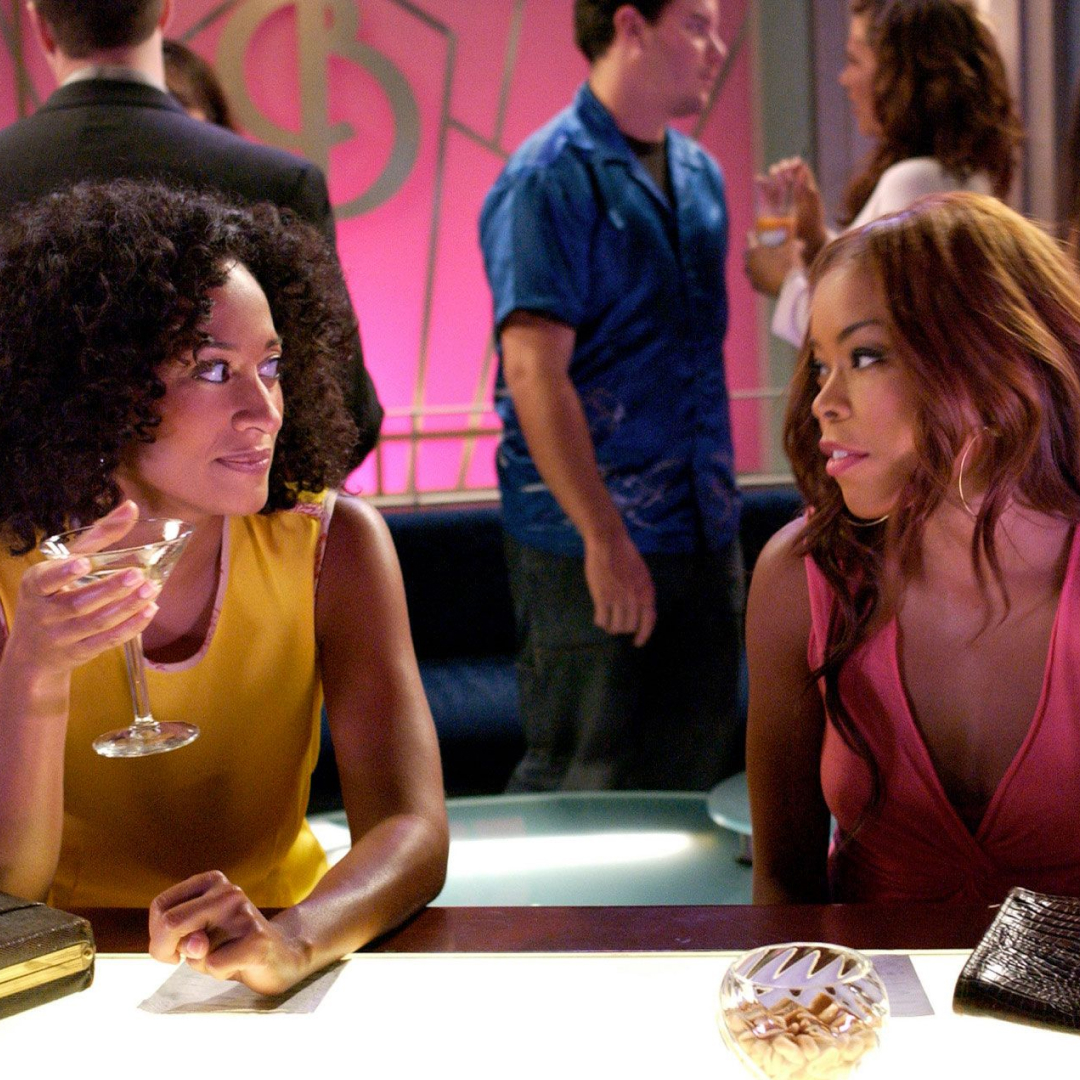
The 42 Best 2000s TV Shows to Binge-Watch All Over Again
From memorable sitcoms to iconic HBO dramas.
By Bianca Rodriguez Last updated
-
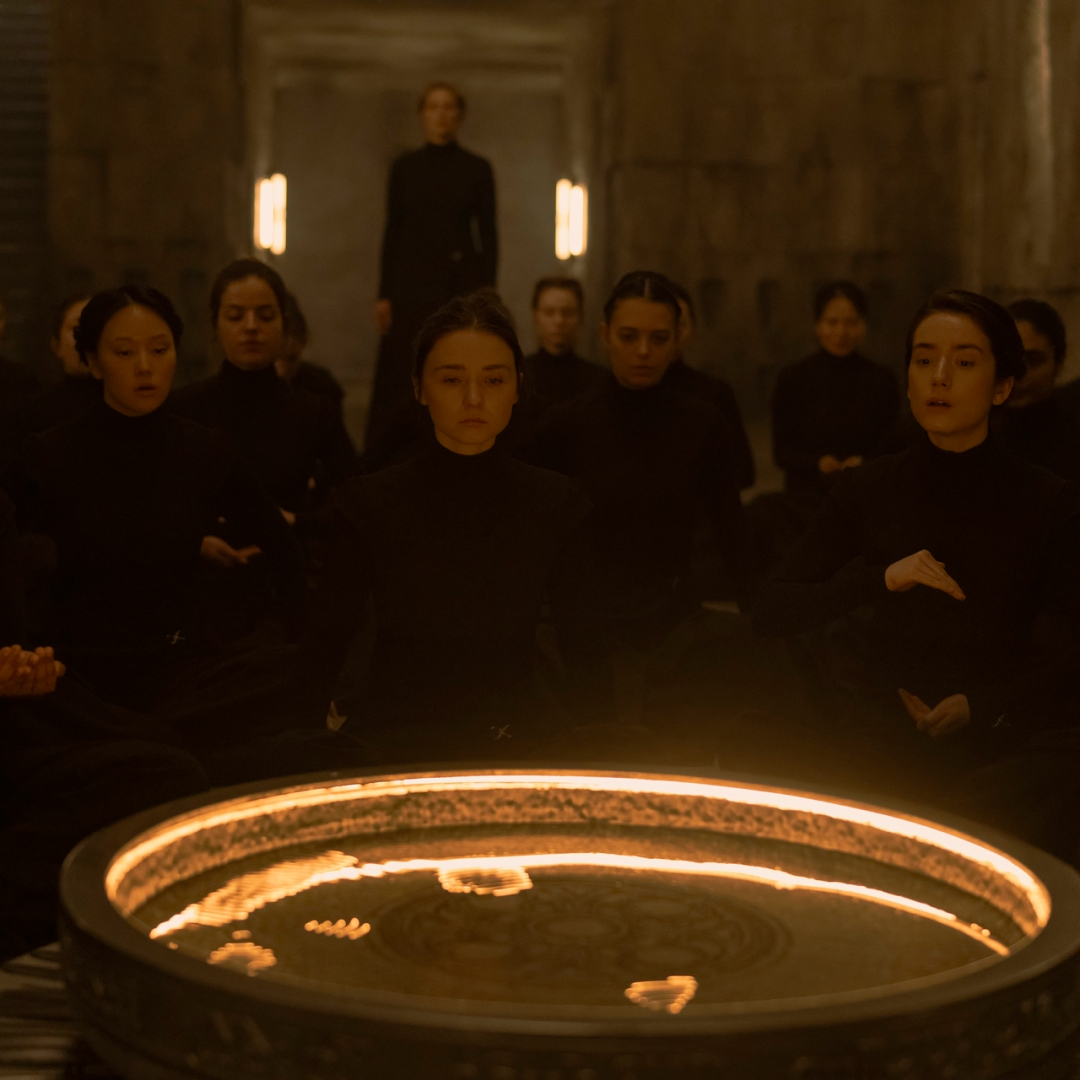
'Dune: Prophecy' Shows the Bene Gesserit's Rise to Power—Meet the Next Gen Actresses Leading the Max Series
And if you need a refresher on House Atreides and Harkonnen lore, we've got you covered.
By Quinci LeGardye Published
-
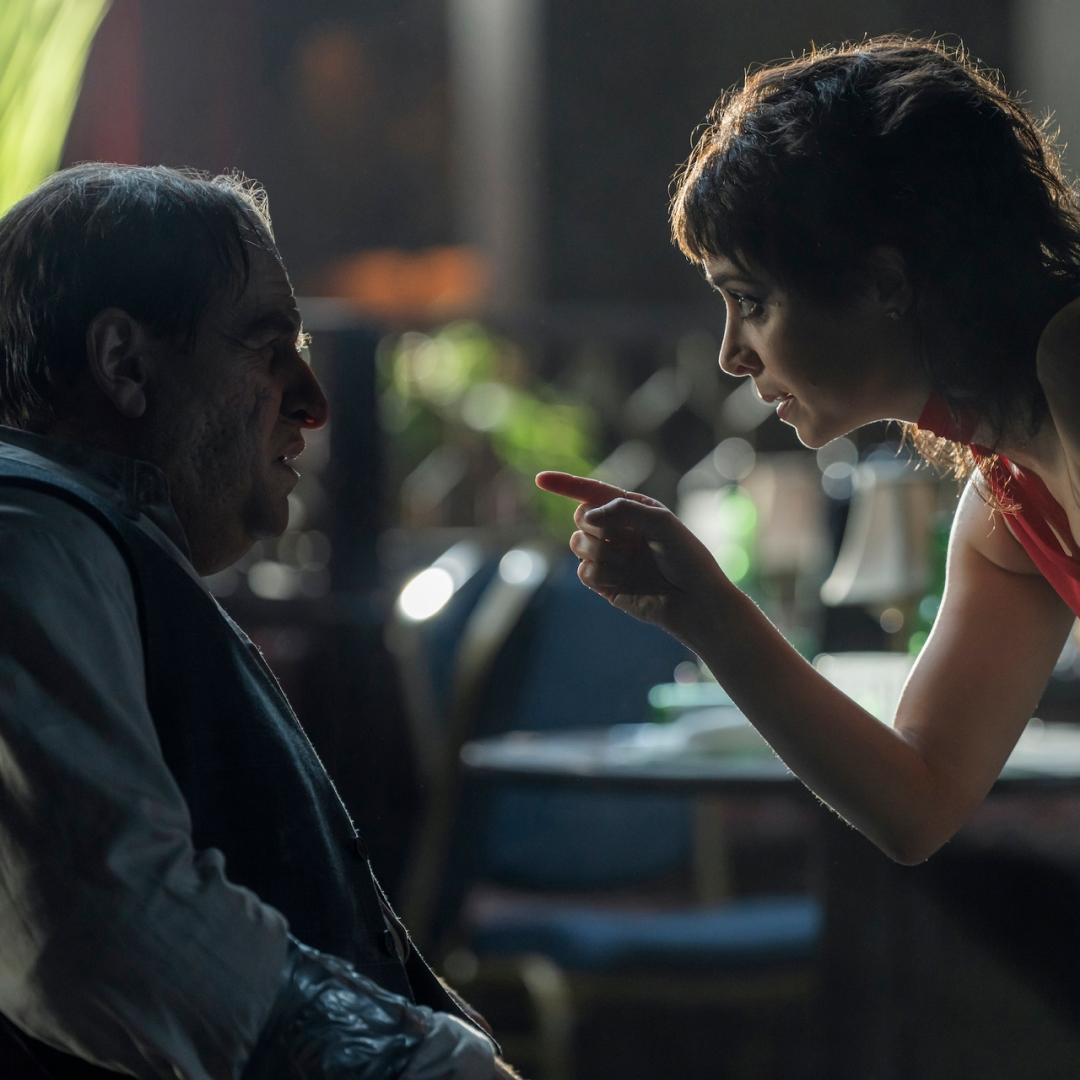
'The Penguin' Ends With a Gut-Wrenching Finale—Here's How It Sets Up 'The Batman II' and a Potential Second Season
The hit DC show's stars Colin Farrell and Cristin Milioti are both ready to return for more episodes.
By Quinci LeGardye Published
-
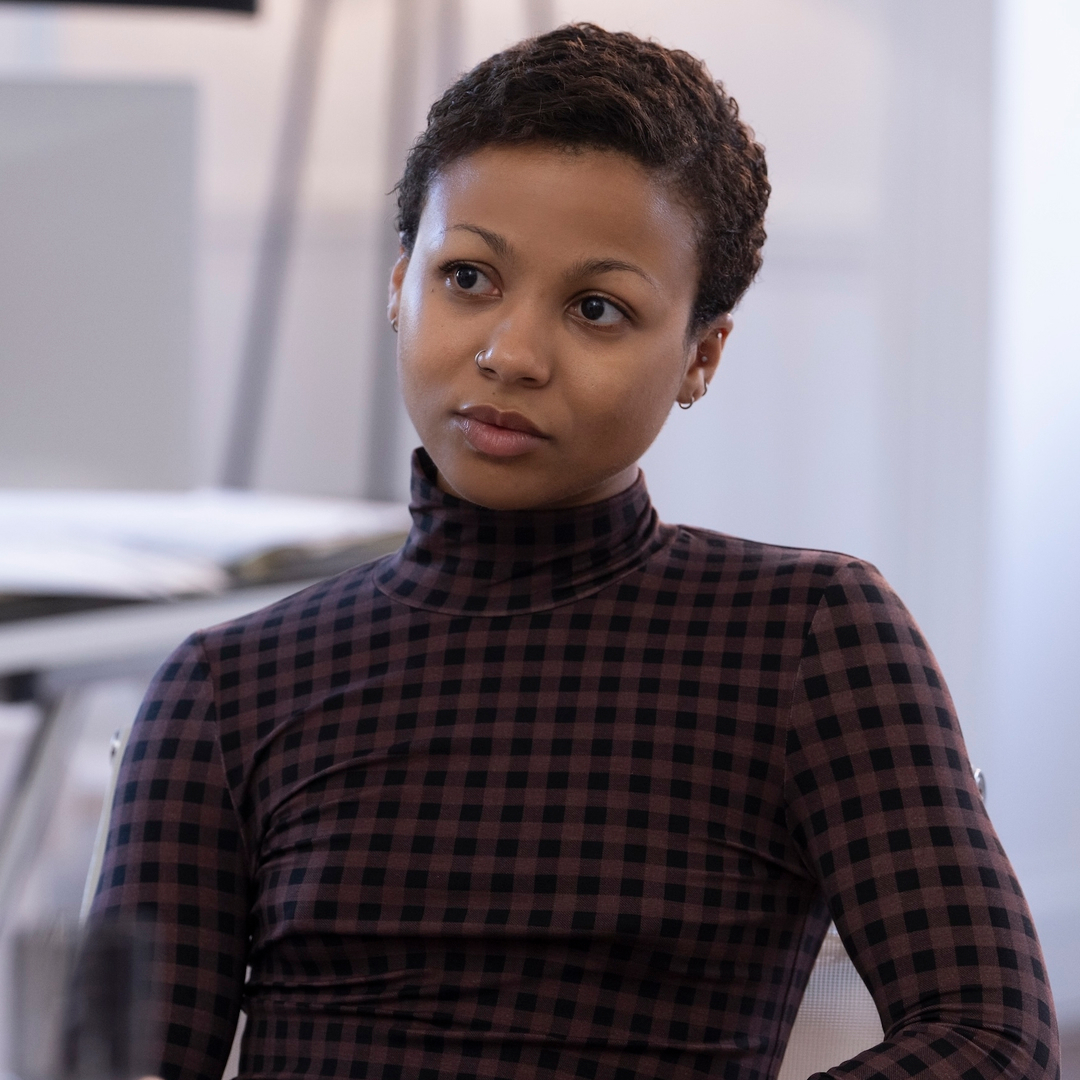
'Industry' Season 3 Culminated Into Sell-Outs, Betrayals, and Heartbreak—Breaking Down the Shocking Finale
Pierpoint & Co.'s major sale wasn't the only twist at the end of the HBO hit's latest installment.
By Sadie Bell Published
-
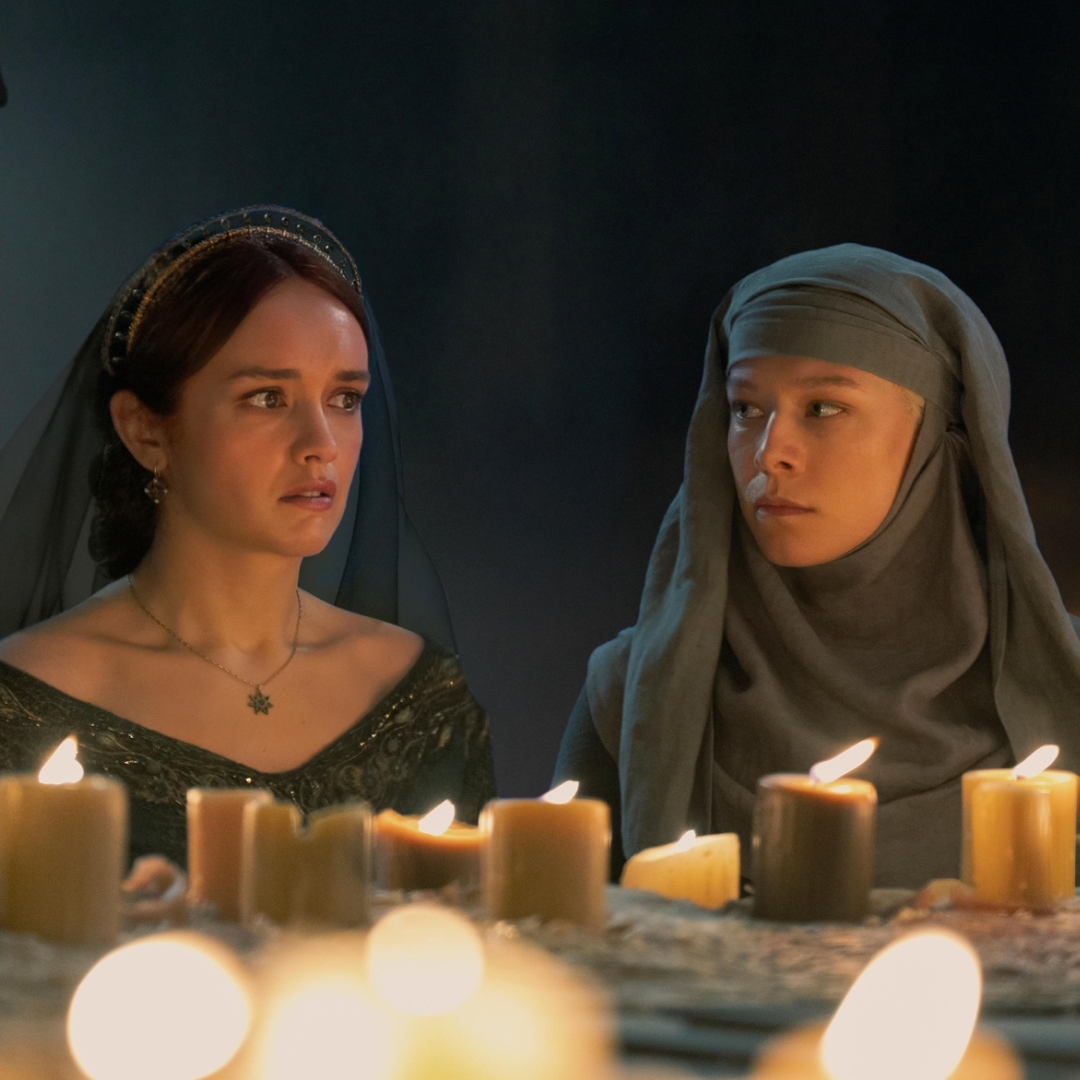
Your Guide to Where Every 'House of the Dragon' Character's Allegiance Falls in The Greens vs. The Blacks
Features The Dance of the Dragon has begun, and the Targaryens are choosing sides.
By Quinci LeGardye Last updated
Features -
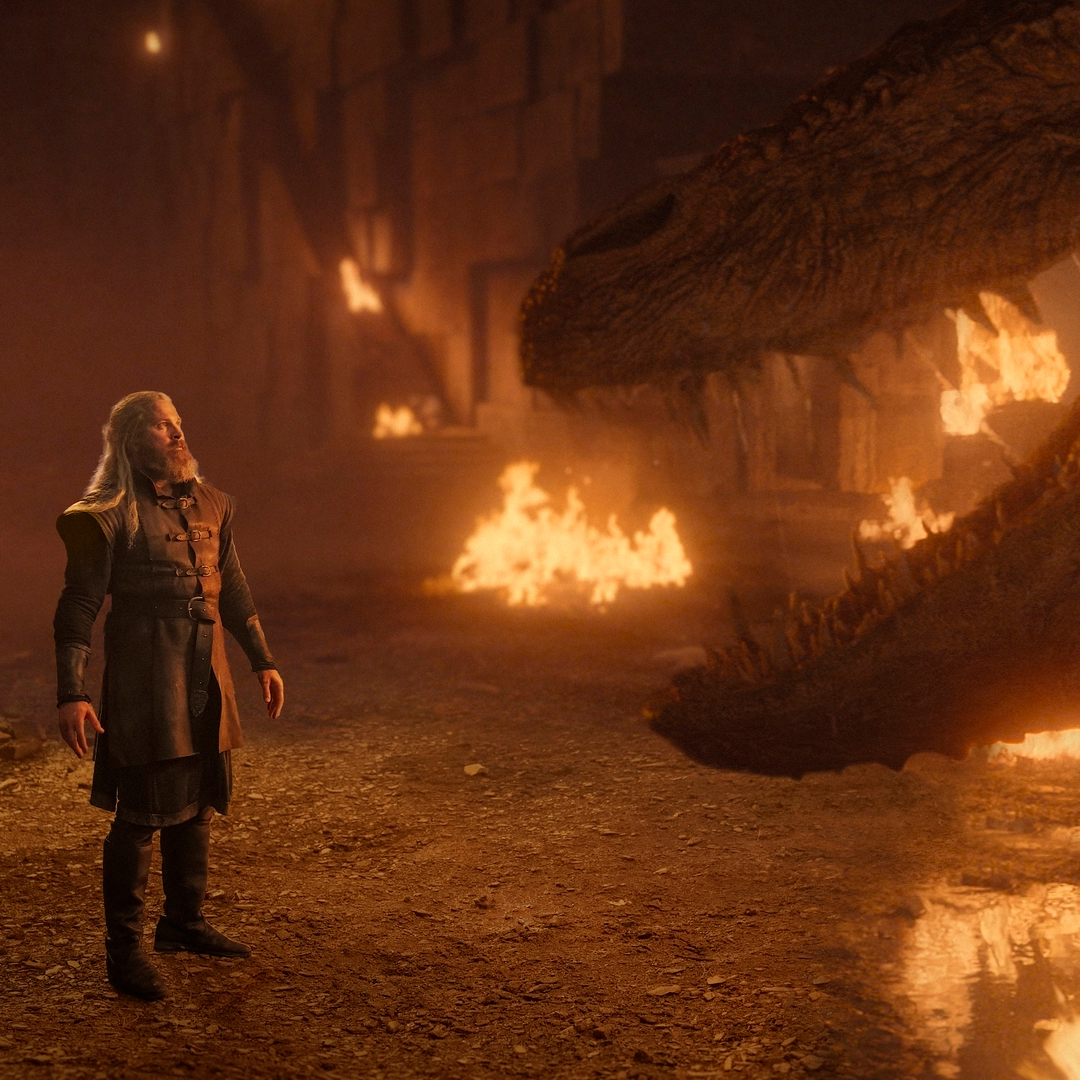
Meet the Dragonseeds Who Will Change the Tide of the War in 'House of the Dragon'
We're breaking down the bastards with Valyrian blood—and how they could influence the future of the show.
By Quinci LeGardye Last updated
-
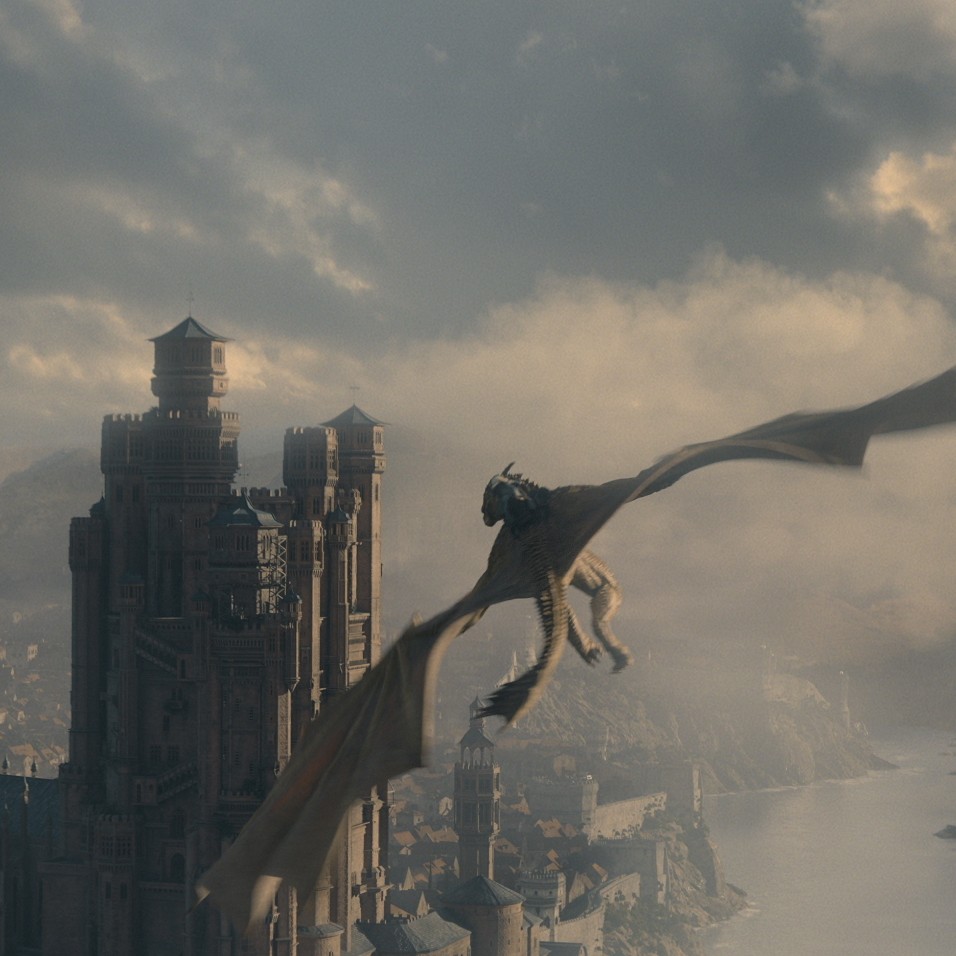
A Guide to All the Dragons in HBO's 'House of the Dragon' and Their Targaryen Allegiance
Features There are so many more in 'House of the Dragon' than Daenerys' three.
By Quinci LeGardye Last updated
Features -
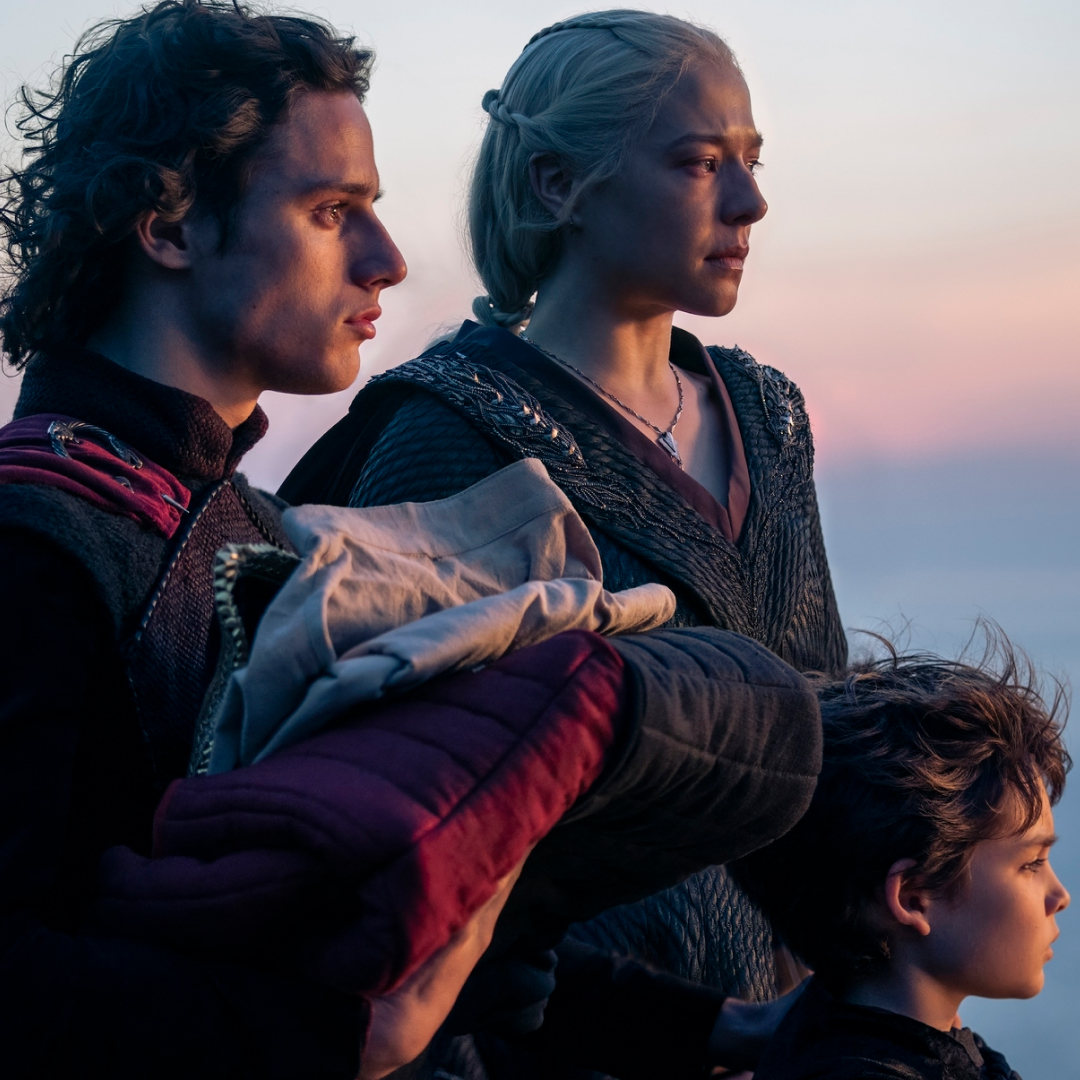
As You Watch ‘House of the Dragon’ Season 2, Let Our Targaryen Family Tree Be Your Helpful Guide
Features There are a lot of Aegons and Viseryi to keep track of.
By Quinci LeGardye Last updated
Features -
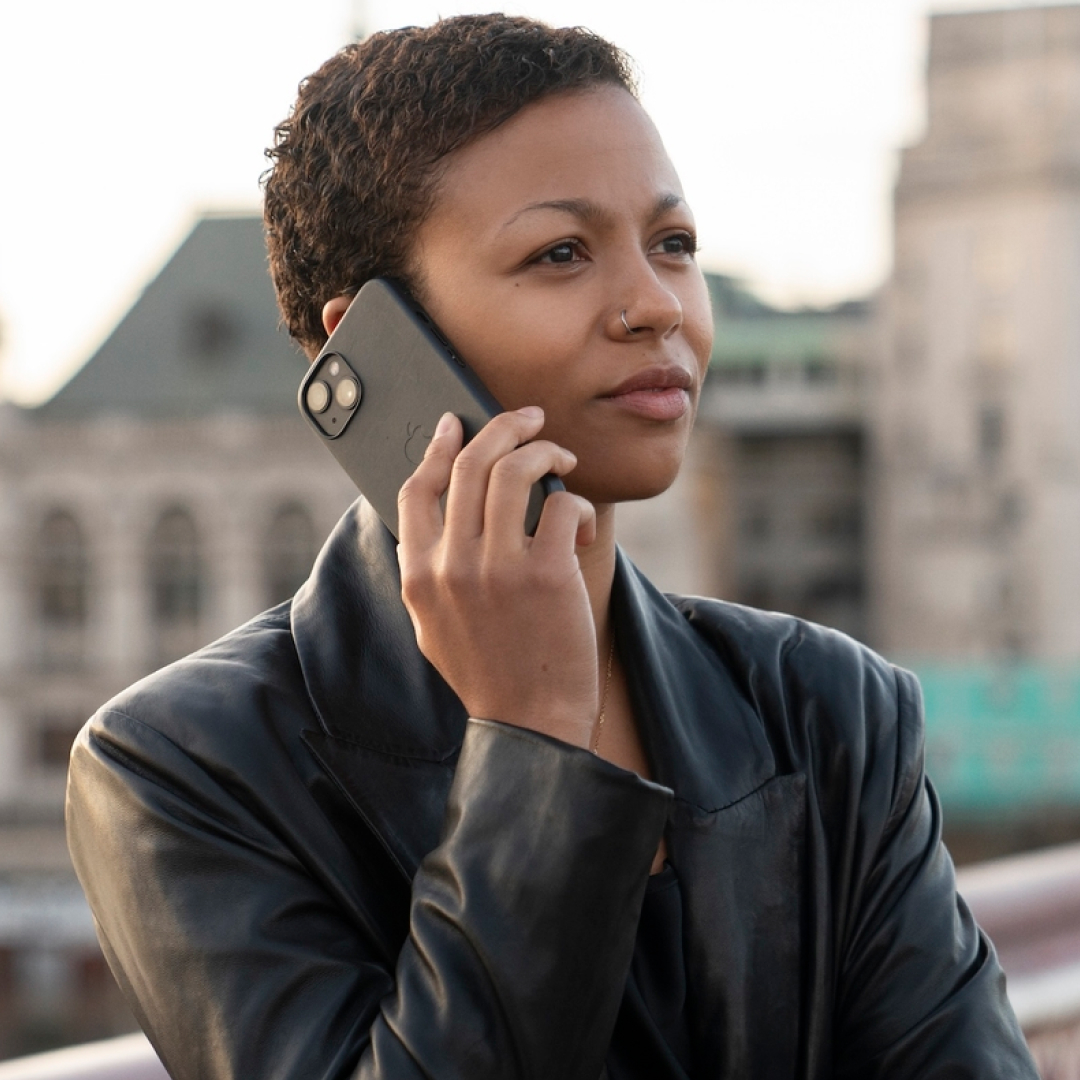
HBO's 'Industry' Is Coming Back Sexier and Messier Than Ever to Fill Your 'Succession' Void
The hit HBO financial drama is coming back soon—and several Emmy-nominated actors are joining the cast.
By Sadie Bell Last updated
-
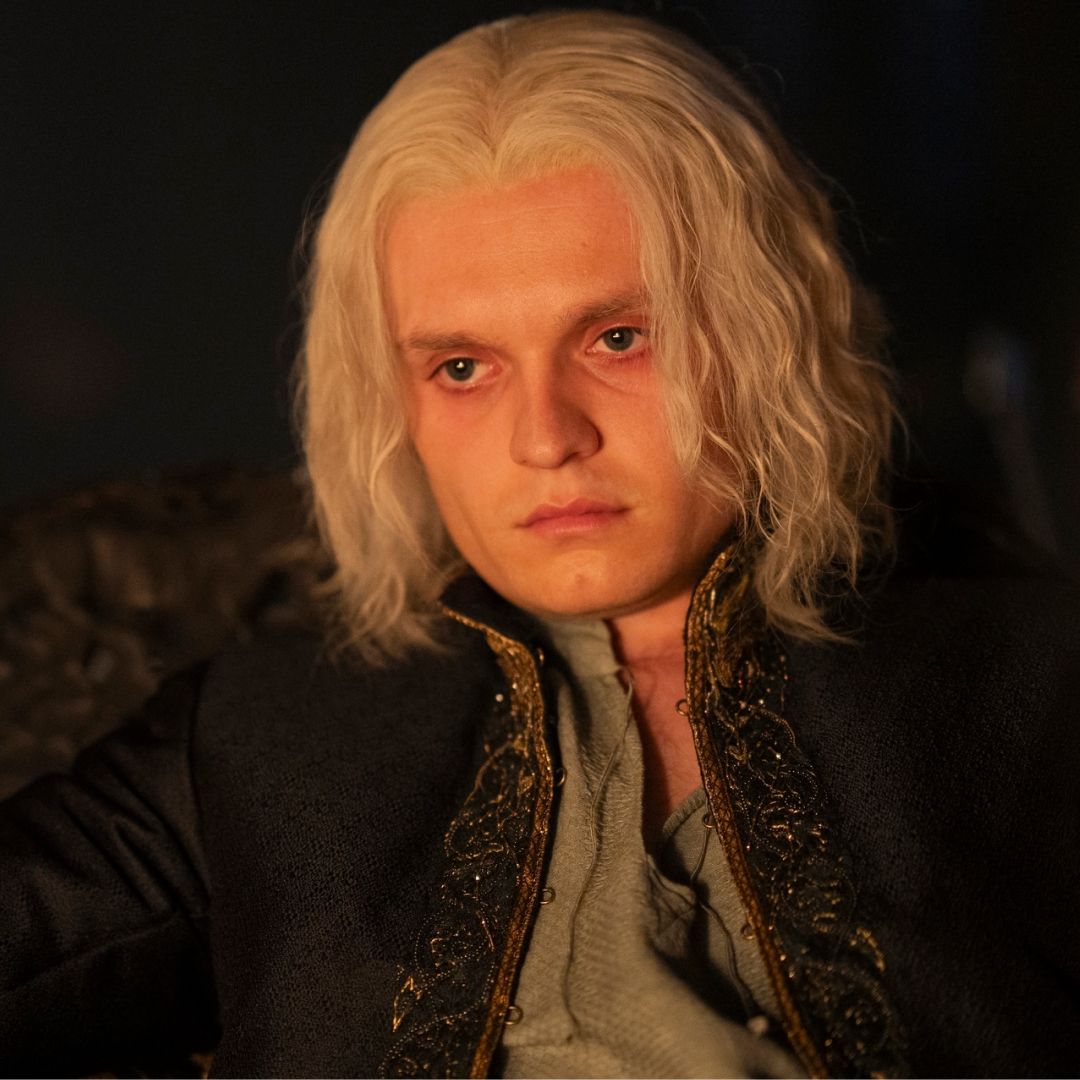
'House of the Dragon' Just Featured Its Most Shocking Bloodshed Yet—Here's What It Means Going Forward
We're breaking down *that* death, including what happens in George R. R. Martin's 'Fire and Blood.'
By Quinci LeGardye Published
-
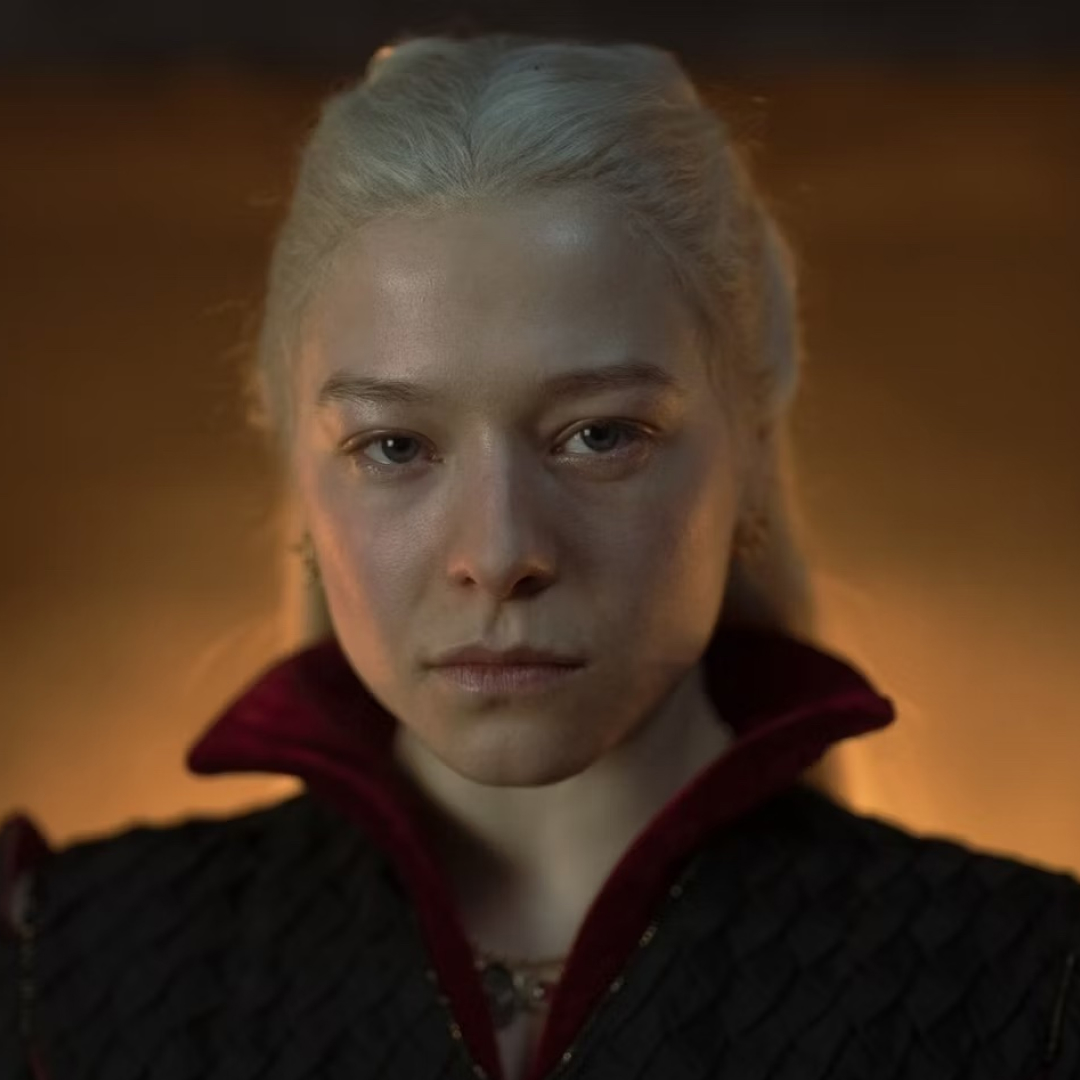
'House of the Dragons' Is Back—Here's What to Remember Before the Dance of the Dragons Officially Begins
Features We've got you covered if you need a refresher before season 2 premieres.
By Quinci LeGardye Last updated
Features -

Allison Williams Says 'the Point' of 'Girls' "Got Missed" During Its Original Run
The actress who played Marnie on the HBO series opened up about its recent reevaluation.
By Sadie Bell Published
